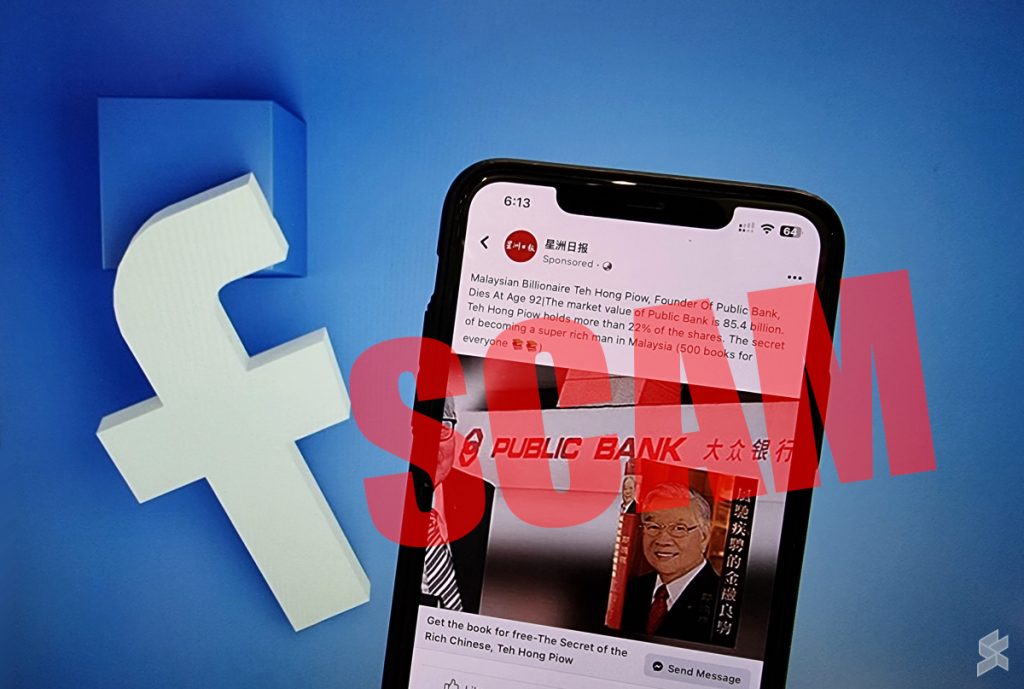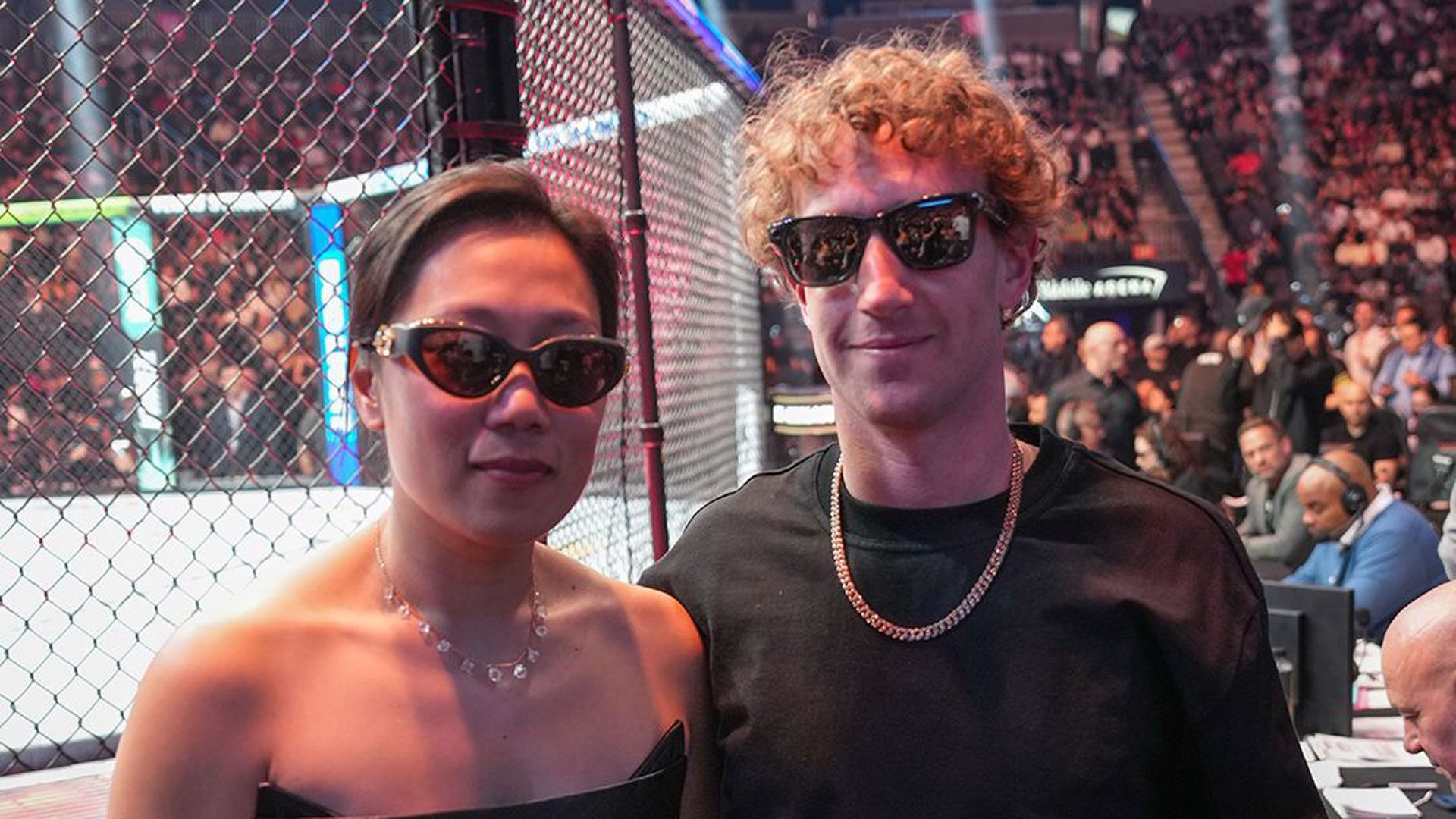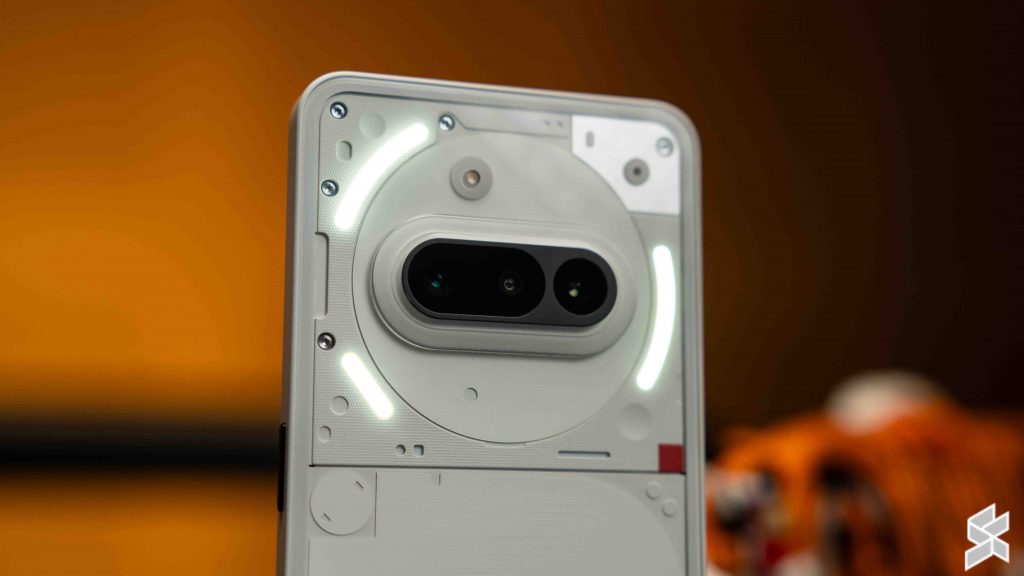Meta, which owns Facebook, Instagram and WhatsApp, has been caught in the act of allowing scam ads using images of the Yang di-Pertuan Agong Sultan Ibrahim. The social media platform is among the remaining players that are non-compliant with Malaysia’s new social media and instant messaging regulation.
Despite having AI to moderate content, Meta is notorious for allowing Facebook scam ads impersonating brands, mainstream media and public leaders in Malaysia.
Although Meta is said to be receiving its licence soon, it seems that it is still business as usual for the social media platform when it comes to moderation.
As shown in screenshots shared by Hadi Azmi, Meta has approved and allowed ads pretending to be TheStar with fake news using photos of the King. Not only this is a violation of Meta’s own ad policy, but it is also a violation of Malaysian laws.
Meta is pushing back on fact checking to promote “free speech”
A few days ago, Meta CEO Mark Zuckerberg announced that its platforms will end its third party fact-checking programme in favour of X’s (formerly known as Twitter) style Community Notes model. He added that Meta will allow more free speech by lifting restrictions on some topics that are part of mainstream discourse and focusing their enforcement on illegal and high-severity violations.
While it isn’t clear how Meta is tackling online harms such as scams and sexual crimes against children, Meta’s latest move seems to be pushing back the responsibility of moderation back to its users.
Is Malaysia’s social media regulation effective in tackling scam ads?
When it comes to scam ads, Meta should be held accountable to ensure all ads comply with Malaysia’s regulation. At the very least, they should be required to establish a local moderation team and enforce basic checks on all new advertisers running ads targeting Malaysian users.
From the looks of it, the social media platform which makes over RM2.5 billion annually from Malaysians has yet to put in any concrete effort to prevent scammers from misusing its platform. The current social media regulation seems to have little or no effect to compel Meta to take any drastic measures to protect Malaysians from scam ads. Unfortunately, there’s no defined timeline for social media platforms to take down inappropriate content.
Under Malaysia’s social media licensing regulation, all social media and instant messaging platforms with 8 million Malaysian users are required to obtain a ASP licence from the MCMC effective 1st January 2025. Non-compliant licensees can be slapped with fines up to RM500,000 or face imprisonment up to 5 years, or both.
Communications Minister Fahmi Fadzil recently blasted Meta for having no response as Malaysians have lost RM432 million through Facebook alone. Applicable platforms that continue to run in Malaysia without a licence are deemed operating illegally, but Malaysia has no plans to block non-compliant platforms.
As a comparison, Indonesia had threaten to block platforms that failed to register with their Electronic Systems Provider list. In addition, registered platforms are required to attend to content takedown requests within 4 hours it is an urgent especially for content that are deemed unlawful or disturbs public order.
At the time of writing, only WeChat (Tencent), TikTok (ByteDance) and Telegram have obtained the required ASP licence to operate in Malaysia.







